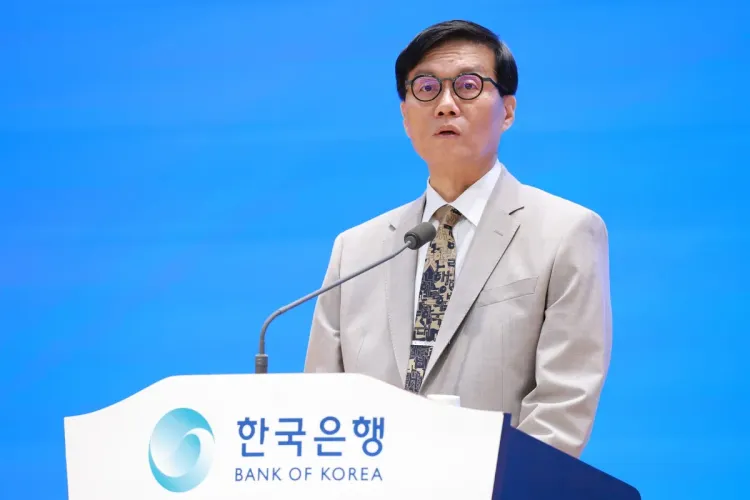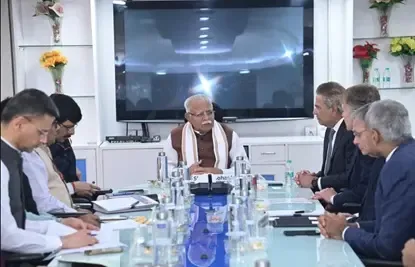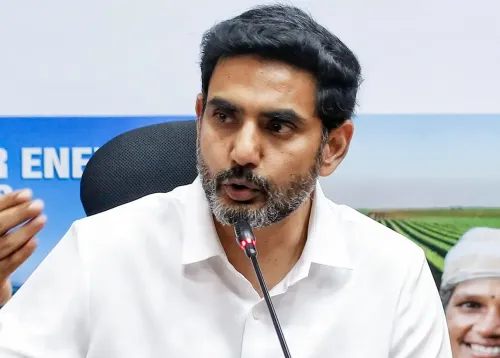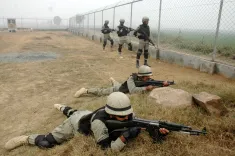Is Economic Stimulus Necessary, But Could Overdependence Backfire?

Synopsis
Key Takeaways
- Economic stimulus is essential for recovery.
- Overdependence on stimulus could lead to negative consequences.
- The government is preparing a supplementary budget.
- Inflation rates are currently below 2 percent.
- Maintaining a balanced monetary policy is crucial.
Seoul, June 12 (NationPress) The leading central banker of South Korea has highlighted the pressing necessity for economic stimulus to bolster recovery, yet cautioned against the potential for "serious side effects" if the government becomes overly reliant on such interventions.
Bank of Korea (BOK) Governor Rhee Chang-yong expressed these insights during a ceremony commemorating the 75th anniversary of the central bank's establishment in Seoul.
"There is no doubt that economic stimulus is urgently required to foster recovery under current conditions. However, we must also strive to avert a persistent downturn in growth potential and to establish a robust economic framework capable of withstanding cyclical changes," Rhee stated.
"Overdependence on stimulus measures due to urgent circumstances could result in even more pronounced side effects in the future," he cautioned.
These remarks come as the new administration under President Lee Jae-myung is formulating a supplementary budget intended to enhance livelihoods and promote growth.
Recently, the National Assembly ratified a supplementary budget amounting to 13.8 trillion won, with the government currently seeking further financial support.
While the BOK plans to uphold a supportive monetary policy for the foreseeable future, Rhee warned that excessively lowering the key interest rate might escalate real estate prices in Seoul, rather than effectively stimulating the real economy.
The governor also expressed concerns regarding potential fluctuations in the foreign exchange market, especially if the interest rate disparity between South Korea and the United States broadens amidst ongoing uncertainties surrounding trade negotiations related to the Trump administration's tariff policies.
Last month, the central bank reduced its benchmark interest rate by a quarter percentage point while significantly revising down its 2025 real GDP growth forecast from 1.5 percent to 0.8 percent.
In response to inquiries from Rep. Cha Gyu-geun of the Rebuilding Korea Party regarding the necessity of an additional budget, the BOK stated, "Swift execution of a supplementary budget and enhancing actual execution rates are vital to counteract sluggish domestic demand."
The BOK noted that the initial round of extra budget spending is anticipated to have a limited impact on inflation this year, although the combined effects of both the first and second supplementary budgets could mildly elevate inflation next year.
Consumer prices surged by 1.9 percent in May compared to the previous year, marking the first instance in five months where inflation dipped below the 2 percent threshold.
The BOK projects consumer prices to rise by 1.9 percent for this year and 1.8 percent in 2026.









